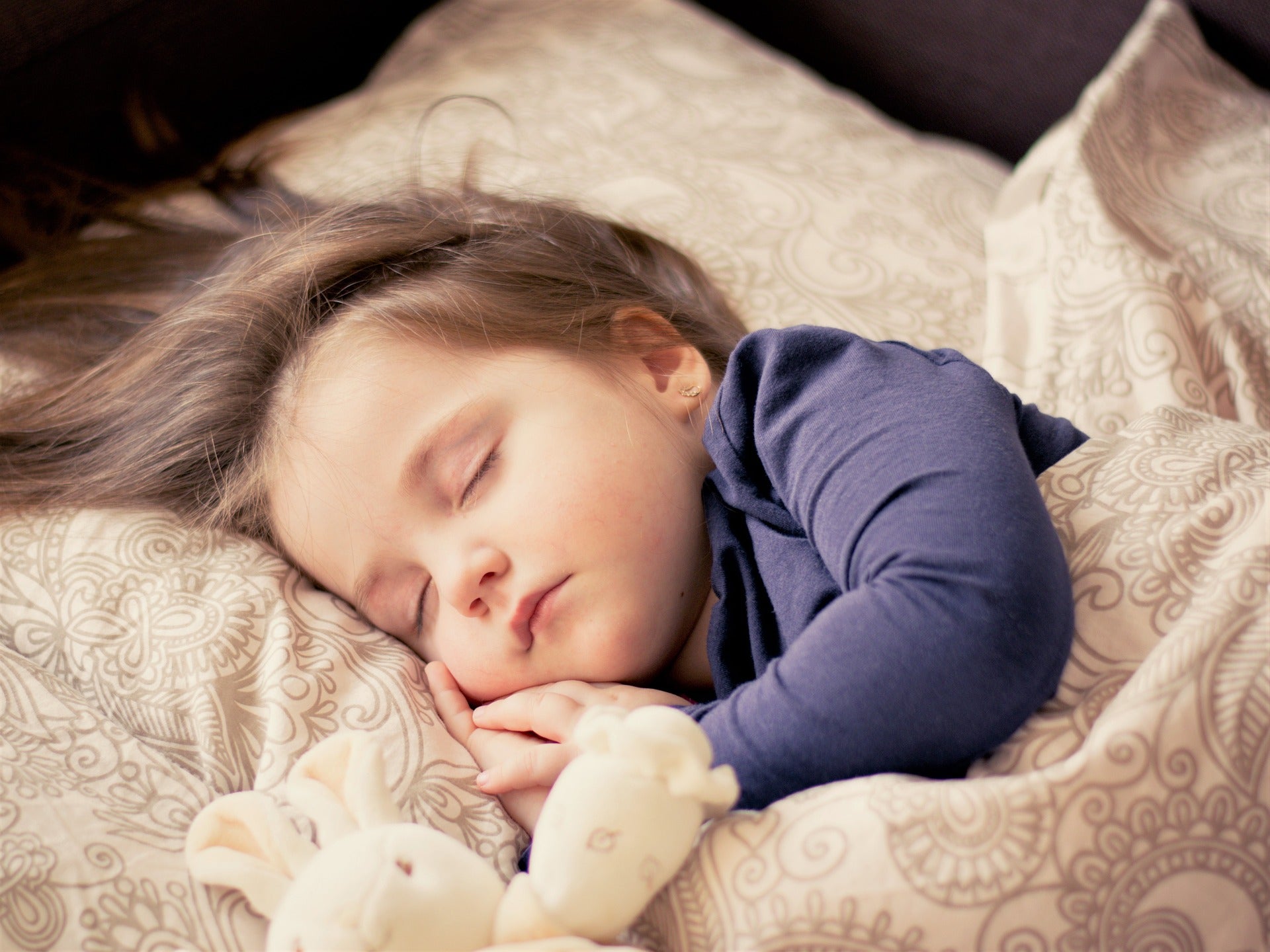Many parents allocate a lot of time and energy to ensuring that their children fuel their bodies healthily. We filter water, shop for organic household products, and cut back on ultra-processed foods. But often, the one resource that our children are literally constantly ingesting slips under the radar: air.
Clean air is essential for healthy childhood development. By becoming more conscious of the air your child breathes, you can significantly increase their quality of life—and it doesn’t require completely overhauling your current lifestyle. But don’t just take our word for it! Read on to discover four important ways cleaner air will benefit your children.

1. Healthier development of lung function.
Good air quality gives our lungs the foundation they need to succeed.
Our lungs first begin developing when we are no more than a 3-week-old, 0.1-millimeter-big blastocyst—not even an embryo. When we are this microscopic, we are our most susceptible to damage from air pollutants. During that time, the World Health Organization believes it is essential for our mothers to avoid exposure to high levels of air pollution.
The good news is that when these needs are met, we will reap the benefits for our entire lives: our lungs will become more resistant to respiratory infections and will be better able to withstand the harmful effects of pollutants like tobacco smoke. But just how clean does our mothers’ air need to be?
Shockingly, the WHO determined that the level of air pollution common in many cities is already too high. But expectant parents don’t need to be discouraged—all this means is that it’s important for mothers to make active choices to enhance the quality of the air they breathe.

2. Reduced severity of childhood asthma.
Air quality matters just as much after birth as before. According to the Journal of the American Medical Association, the 1996 Summer Olympics in Atlanta, Georgia, saw notably low numbers of people seeking medical attention for asthma attacks. Why?
Interestingly, researchers attribute it to the city’s traffic control regulations put in place for the Olympics. By reducing peak morning traffic counts by 23%, city officials had inadvertently also decreased ozone concentrations by 13%, carbon monoxide levels by 19%, and nitrogen dioxide levels by 7%—leading to an overall 19% decrease of asthma-related hospital visits citywide. Their studies concluded by stating that the reduction in traffic pollution “[decreased] the burden of asthma among Atlanta’s children.”
While we (unfortunately) can’t singlehandedly cut down the amount of morning traffic in our cities, we can mitigate its effects. For example, citizens of ultra-polluted megacities like Beijing and Delhi have long turned to personal air filtering gear, like face masks and air purifiers, to protect their health.

3. Enhanced quality of sleep.
When we think about air quality, often our minds immediately jump to pollution outdoors. But with the average child sleeping up to 13 hours a day inside our homes, indoor air quality (called IAQ by the Environmental Protection Agency) becomes just as critical.
Even if nobody is smokes inside of your home, things as seemingly benign as household cleaning products, newly installed cabinetry, and central heating and cooling systems can introduce toxic participles into the air. We have become so accustomed to this type of pollution that we usually don’t even notice it anymore—it has become a regular part of our lives.
Nearly all parents know that good sleep leads to happier, easier days for all parties involved. But the importance of sleep goes well beyond short-term benefits. According to Parents.com, sleep promotes growth, helps children’s hearts, affects weight, reduces risk of injury, increases attention span, and boosts learning. And even if we are setting aside an adequate amount of hours for sleep, good “sleep hygiene” is an oft-forgotten key element.
There is an entire subset of sleep disorders that relate to breathing, like snoring and sleep apnea, and clean air is the first step in prevention. By cutting down on our exposure to pollutants like mold, dust, and dander, we reduce a child’s likelihood of experiencing respiratory distress as they sleep.

4. Fighting back against allergens.
Even though we have been focusing largely on human-made pollution, there are plenty of natural pollutants to go around. Pollen, animal hair, dust mites, and mold are just some of the particles floating in our air that may set off allergies in our system.
And allergies are nothing to sneeze at. Beyond an inconvenient runny nose, the American College of Allergy, Asthma, and immunology explains that allergies can lead to hives, eczema, asthma, infections, and more. Allergies are no fun, but the good news is that they are often preventable.
Rather than treating after the fact with medication, parents can help lessen the severity of their children’s allergy symptoms by providing access to cleaner air. Even a few hours a day of exposure to filtered air can make a noticeable difference!

Kids deserve cleaner air, and surprisingly, it’s now possible to provide it for them without completely changing your family’s lifestyle. From using protective barriers like face masks, to carrying unobtrusive personal air purification technology like Wynd, it’s easier than ever to stay healthy. Check out your options—your kids are worth it!

